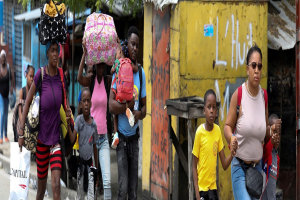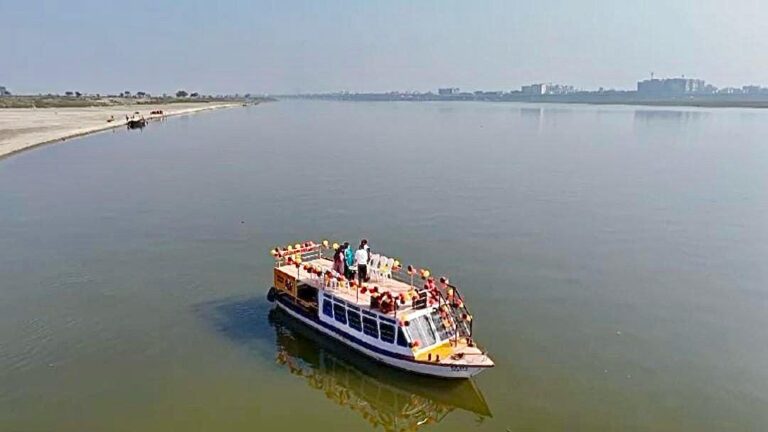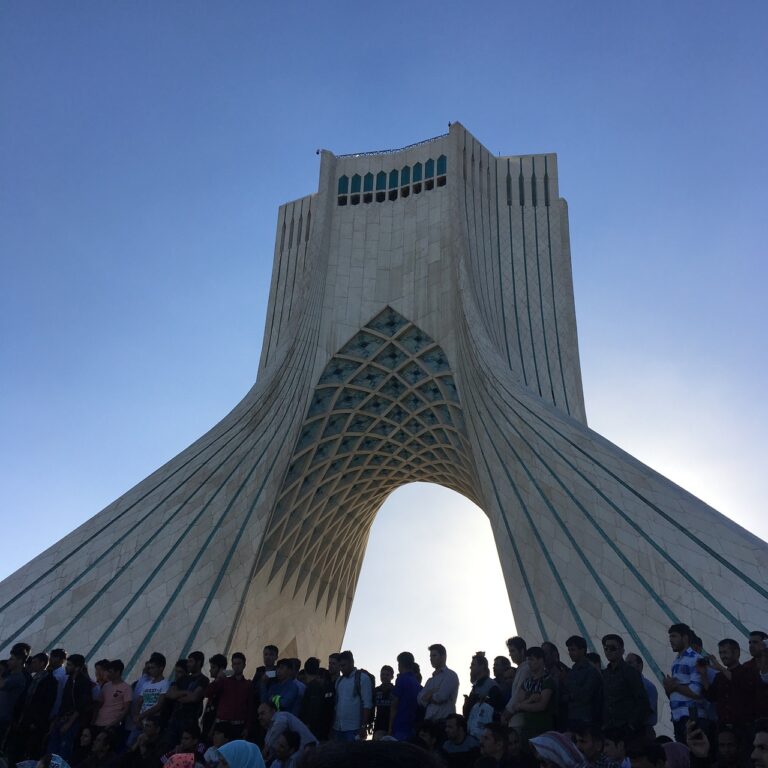
Port-au-Prince/Geneva: At least 92 people unaffiliated with gangs and some 96 alleged to be gang members were reportedly killed during coordinated armed attacks in Port-au-Prince, Haiti between April 24 and May 16, 2022. Another 113 were injured, 12 reported missing, and 49 were kidnapped against ransom, according to figures corroborated by the United Nations human rights officers. The actual number of people killed may be much higher than many feared.
Extreme violence has been reported, including beheadings, chopping and burning of bodies, and the killing of minors accused of being informants for a rival gang. Sexual violence, including gang-rape of children as young as 10, has also been used by armed gang members to terrorize and punish people living in areas controlled by rival gangs. Sources also reported the presence of minors in the gangs.
Thousands of people, including children, have been forced to abandon their homes over the past three weeks and find shelter in temporary sites or host families in other areas of the country. Movement along the two main national roads connecting the capital to the rest of the country has been seriously compromised as gangs have controlled access to areas under their influence.
In Geneva, UN High Commissioner for Human Rights Michelle Bachelet on Tuesday said she was deeply disturbed about the severe human rights impact of the surge in violence involving heavily armed gangs in Port-au-Prince. She urged the Haitian authorities, with the support of the international community, to promptly restore the rule of law and protect people from armed violence.
“Armed violence has reached unimaginable and intolerable levels in Haiti,” Bachelet said. “It is crucial for urgent steps to be taken to restore the rule of law, to protect people from armed violence and to hold to account the political and economic sponsors of these gangs.” She noted that because of the gang violence, dozens of schools, medical centres, businesses and markets have remained closed, and many people are struggling to find basic products including food, water and medicines.
The High Commissioner said the fragility of state institutions, in particular the police and judiciary, has fueled the lawlessness and expressed fear that the violence will only escalate. Ongoing police operations have not managed to re-establish public order and protect the local population, and there have been reports of some human rights violations during these operations.
“Despite its multiple and long-standing challenges, Haiti should not be forgotten and should remain a priority for the international community. I urge the international community to redouble its efforts to prevent the situation from spiralling further out of control,” Bachelet stressed. “State institutions need to be strengthened to combat impunity and corruption. The authorities have a duty to protect life from all reasonably foreseeable threats, including from threats emanating from private individuals and entities, such as armed criminal gangs.”
In the coming weeks, as the UN Security Council debates the future mandate of the UN presence in Haiti, it is paramount that the human rights of Haitians be at the heart of the international response, including on issues related to sexual and gender-based violence, Bachelet stressed.
– Photo courtesy OHCHR
– global bihari bureau





